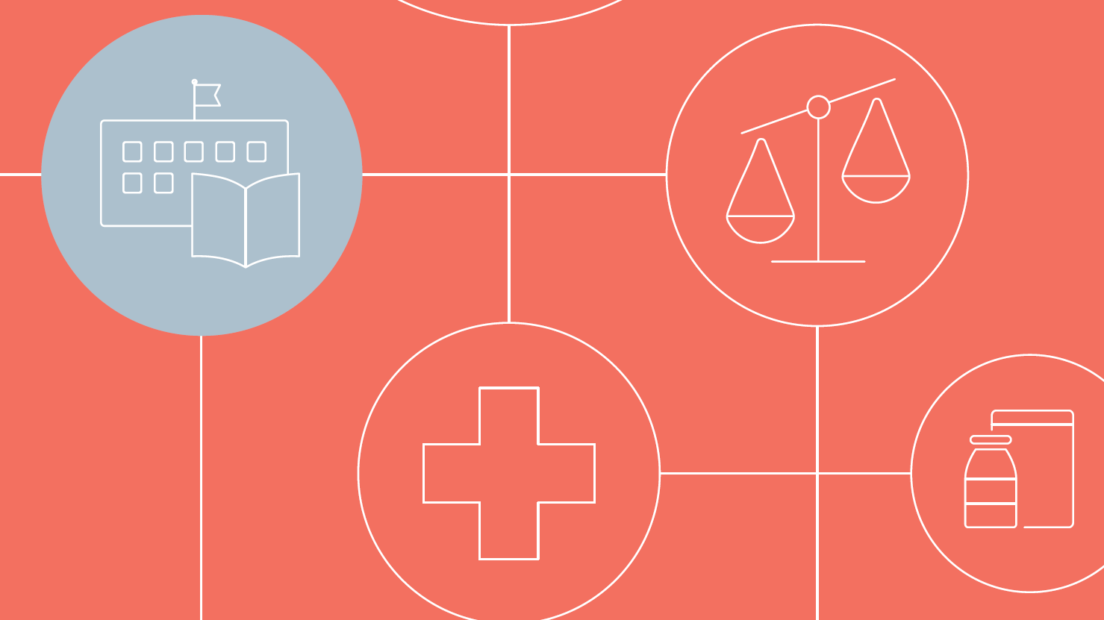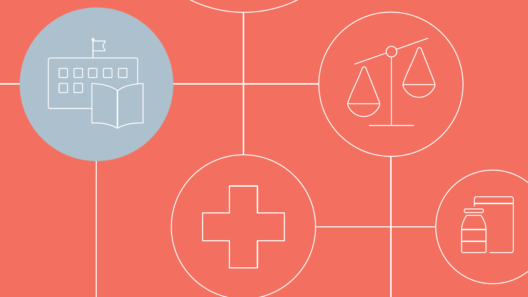Responsible AI research: challenges and opportunities
Exploring the foundational premises for delivering ‘world-leading data protection standards’ that benefit people and achieve societal goals

On 10 September, the UK Government published its proposal for amending the current data protection regime (the UK GDPR). The aim is to create ‘a pro-growth and pro-innovation data regime whilst maintaining the UK’s world-leading data protection standards’.
At the Ada Lovelace Institute, our mission is to ensure that data and AI work for people and society. In order to explore whether the Government’s plans will enable these aims, we are organising a series of five events, each looking at different sections, questions, statements and framing in the Government’s consultation and asking what benefits and challenges are brought by the proposals.
Session 5: Responsible AI research: challenges and opportunities
Wednesday 3 November, 14:00-15:00 GMT
This video is embedded with YouTube’s ‘privacy-enhanced mode’ enabled although it is still possible that if you play this video it may add cookies. Read our Privacy policy and Digital best practice for more on how we use digital tools and data.
Chair
-
Andrew Strait
Associate Director (Emerging technology & industry practice)
Panellists
-
Margaret Mitchell
Head of AI Ethics, HuggingFace -
Dr Gabrielle Samuel
Research Fellow, King's College London -
Brhmie Balaram
Head of AI Research & Ethics, NHS AI Lab -
Yves-Alexandre de Montjoye
Associate Professor, Imperial College London
Session 5: Responsible AI research: challenges and opportunities
Wednesday 3 November, 14:00-15:00 GMT
The fifth event in our series focuses on responsible AI research. This is a particular focus of chapter 1 of the consultation, where the Government proposes to consolidate and change existing rules around the use of personal data for research purposes.
This event interrogates the idea that more data necessarily leads to better research, and explore questions including:
- What does responsible AI research look like, and what role does data protection play in conducting responsible AI research?
- What have the impacts of data protection regulations been on research culture, data sharing and access to data?
- What have the impacts of data protection regulations been on the ability of researchers to create beneficial research?
Related content

Ada Lovelace Institute hosts ‘Taking back control of data: scrutinising the UK’s plans to reform the GDPR’
Exploring the foundational premises for delivering ‘world-leading data protection standards’ that benefit people and achieve societal goals

Responsible innovation: what does it mean and how can we make it happen?
Exploring the foundational premises for delivering ‘world-leading data protection standards’ that benefit people and achieve societal goals

Lessons learned from COVID-19: how should data usage during the pandemic shape the future?
Exploring the foundational premises for delivering ‘world-leading data protection standards’ that benefit people and achieve societal goals

Accountable AI: a route to effective regulation
Exploring the foundational premises for delivering ‘world-leading data protection standards’ that benefit people and achieve societal goals